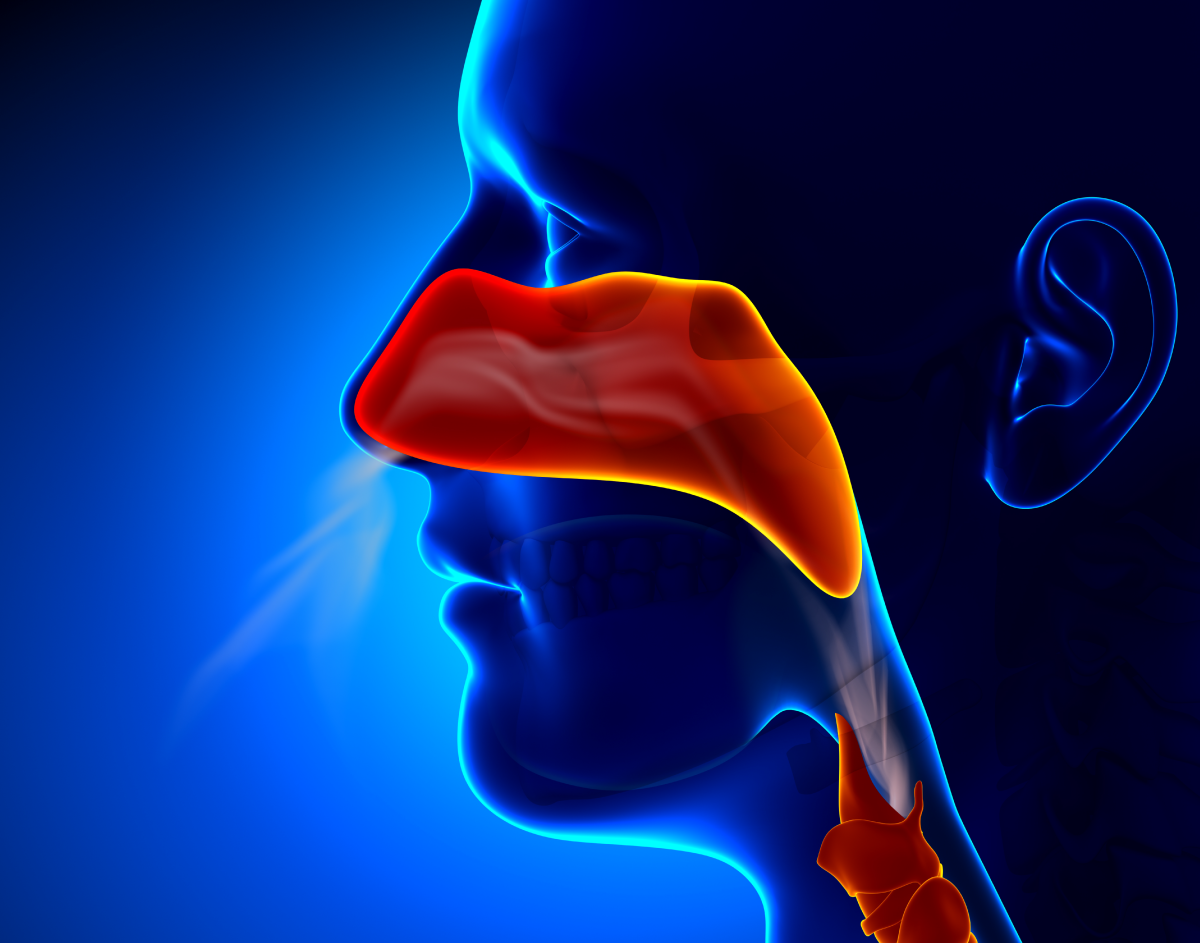Continuous positive airway pressure (CPAP) therapy stands as the gold standard treatment for obstructive sleep apnea (OSA). However, a significant number of patients struggle to tolerate CPAP, often citing nasal congestion as a major hindrance to adherence. In an effort to address this issue, researchers conducted a study to investigate the potential benefits of Acoustic Resonance Therapy (ART) for patients facing challenges with CPAP adherence and experiencing nasal symptoms. The Study…
Read MoreCPAP/APAP therapy remains the gold standard for treating OSA. Unfortunately, many patients struggle with long term CPAP/APAP adherence. Patients frequently have only 90 days to meet Medicare criteria for adherence to assure coverage of their CPAP/APAP therapy. Lack of adherence often leads to…
Read MoreCPAP is the gold standard therapy for OSA. Unfortunately, a significant percentage of patients do not tolerate CPAP therapy. Of those who struggle, a significant portion state that nasal congestion is a limiting factor. Acoustic Resonance Therapy (ART) is a new non-medication based treatment for nasal congestion. We sought to determine if patients struggling with Medicare CPAP adherence and reporting nasal symptoms would benefit by the addition of ART.
Read MoreTo understand the connection between Erectile Dysfunction (ED) and sleep apnea, you must first understand the health consequences of chronic sleep deprivation as well as the co-morbidities that exist between these two conditions. It has been well documented that sleep plays a vital role in our overall health.
Read MoreAmong the many comorbidities that exist with sleep apnea is GERD, or gastroesophageal reflux disease. While most of us have suffered from occasional acid reflux or heartburn, GERD is characterized by the more frequent reflux occurrence, when stomach acid moves up from the stomach to the esophagus.
Read MoreBetterNight can help you grow and optimize your dental sleep practice by providing a variety of sleep apnea services. We work in partnership with dental sleep providers so that the treatment process begins and ends in your dental office, allowing for efficiencies and flexibility in overall treatment.
Read MoreObesity in the United States has grown to epidemic proportions. The Center for Disease Control and Prevention estimates that 40% of adults in the U.S. are obese. New research predicts that by the year 2030, about 49% of the population will be obese, with 29 states reflecting an obesity rate of over 50%.
Read MoreThe word “apnea” means the absence of breathing. Sleep apnea refers to a potentially serious medical condition that causes patients to temporarily stop breathing while they are sleeping. The repetitive occurrence of oxygen deprivation creates different kinds of alarms throughout your body, interrupting normal processes for your brain, heart, lungs, hormones, and other key systems.
Read MoreObstructive sleep apnea (OSA) falls into the category of sleep-disordered breathing (SDB). This condition occurs when the upper airway partially or completely obstructs when you are sleeping.
Read MoreSleep might look like a passive activity on the surface, but your body and mind are actually hard at work when you hit the sack. Sleeping plays an important role in your memory and learning processes. When you learn how to do something new, memory, and sleep processes work together to internalize that new knowledge.
Read MoreNot sleeping well at night is more than just a nuisance. According to the National Institute of Neurological Disorders and Stroke, sleep is a basic human need, like eating or drinking water. Sleep supports essential brain and nervous system functioning, allowing the body to recover from illness and stress.
Read MoreOne in four women dies of heart disease in the United States. A hardening or blockage of the coronary arteries, it’s the number one killer of women each year. There are several known risk factors, including high blood pressure, high cholesterol, and obesity, which doctors screen for and treat.
Read MoreSleep apnea and stroke are both serious medical conditions that, unfortunately, sometimes go hand-in-hand. Scientists have documented important connections between sleep apnea and stroke; having sleep apnea definitely increases your risk of stroke.
Read MoreThe advent of the COVID-19 pandemic has wreaked havoc with the health care system. And, Sleep Medicine is no exception. Interestingly, while there have been many new problems to solve, the majority of the impact has been to accelerate the pace of already established trends.
Read MoreHospital readmission rates are an important quality metric in the healthcare industry. Since one in five Medicare patients are readmitted to the hospital within 30 days of discharge, it’s a cause of major concern for practitioners and providers. And justifiably so: The Centers for Medicare and Medicaid Services withhold reimbursements to hospitals with excessively high readmission rates.
Read MoreSleep has been described as the third pillar of health along with diet and exercise. Sleep serves numerous vital functions related to health and well-being. Unfortunately, poor or inadequate sleep is highly prevalent among Western adults.
Read MoreLosing sleep is dangerous and expensive. Roughly 20% of U.S. adults suffer from insomnia or sleep apnea, costing approximately $246 billion in healthcare and almost $500 billion in lost productivity annually.
Read More















